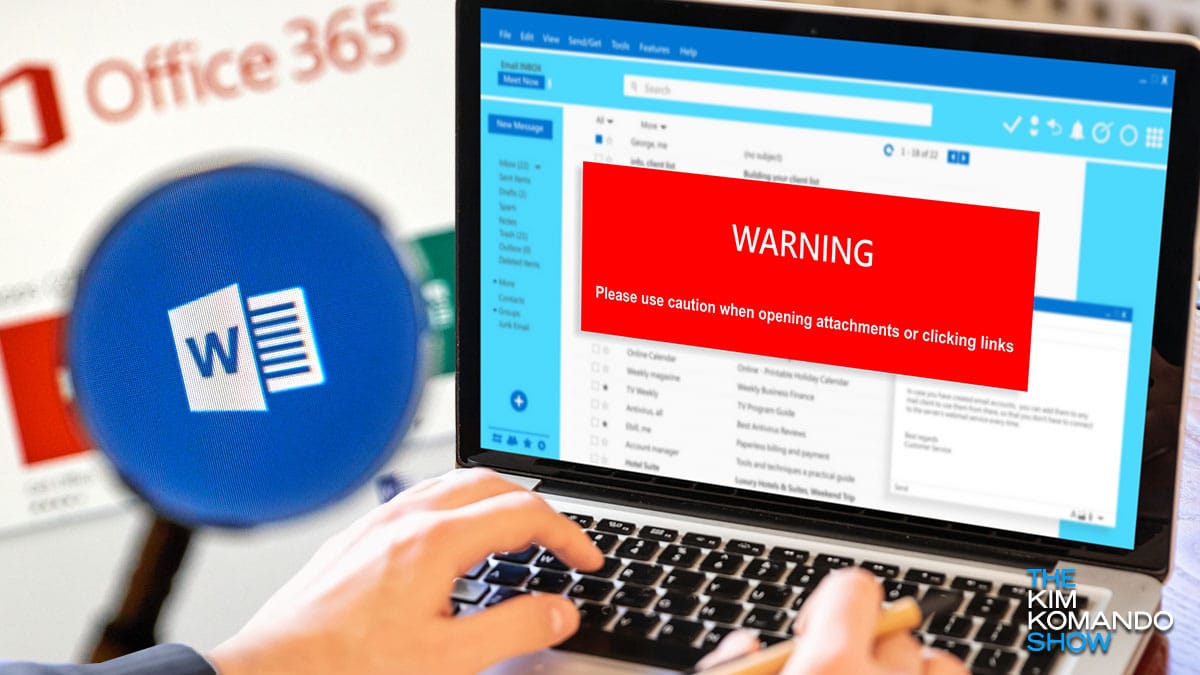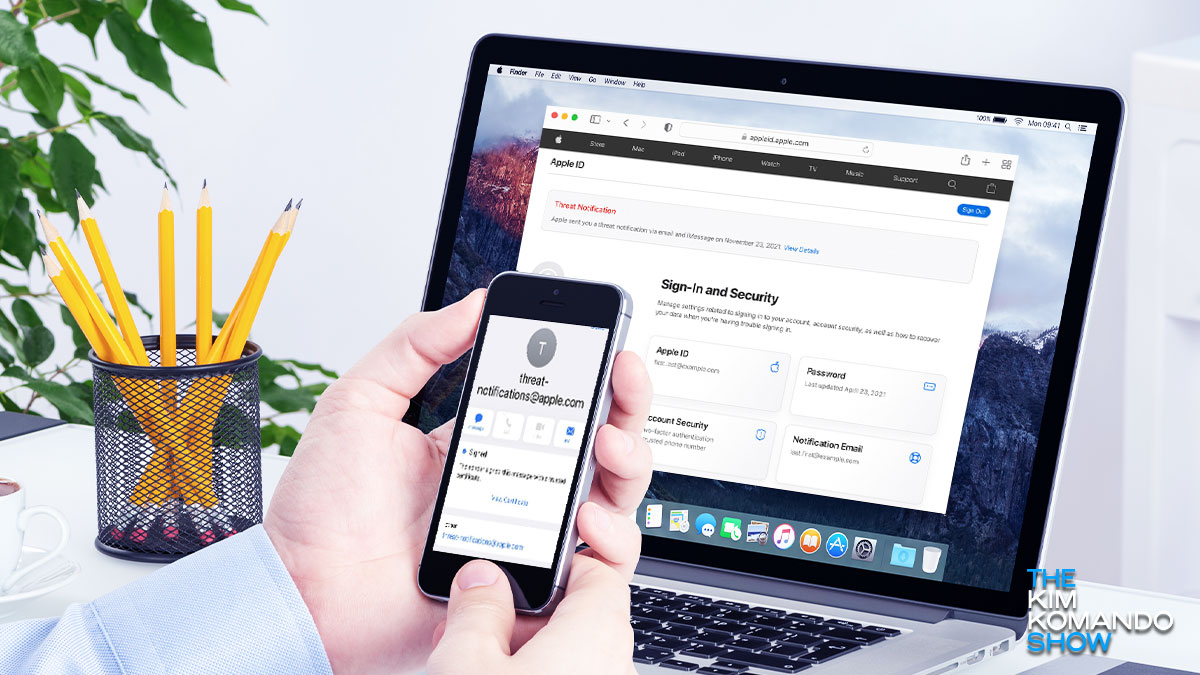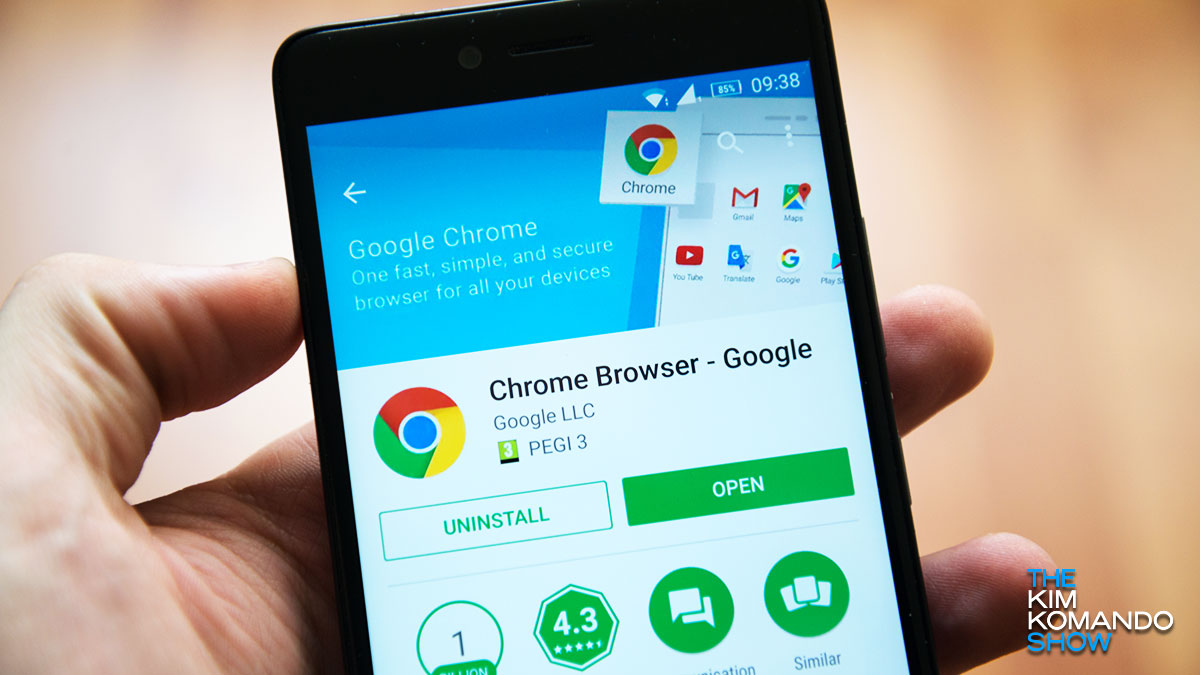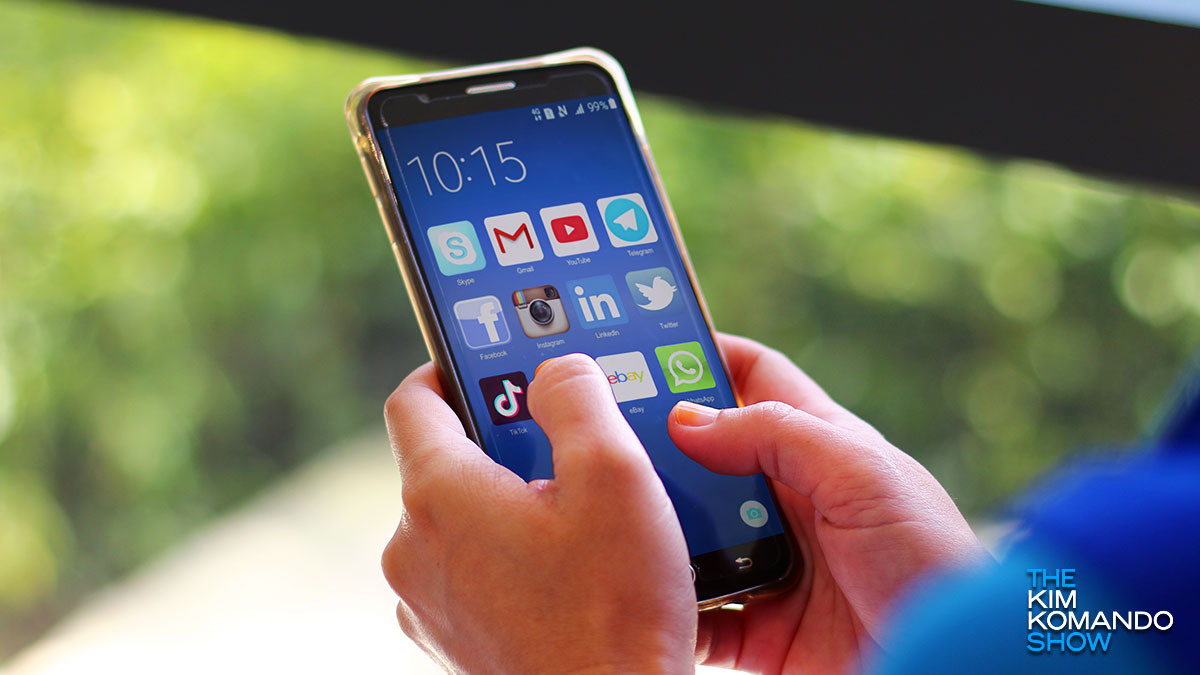Warning: Another reason you shouldn't send sensitive images (even if you crop them)
The internet is a big place, and sharing the wrong photo of yourself might land you in trouble. Some choose to crop identifying details out of intimate images, but the “Acropalypse” exploit within the Google Pixel ecosystem could render this precaution totally void.
Read on for details on one dangerous way your privacy might be violated (even if your media never leaves your device).
What is the Acropalypse exploit?
Simon Aarons and David Buchanan, two security experts, have uncovered a startling flaw in Pixel’s native Markup photo editor.
Introducing acropalypse: a serious privacy vulnerability in the Google Pixel’s inbuilt screenshot editing tool, Markup, enabling partial recovery of the original, unedited image data of a cropped and/or redacted screenshot. Huge thanks to @David3141593 for his help throughout! pic.twitter.com/BXNQomnHbr
— Simon Aarons (@ItsSimonTime) March 17, 2023
After being shared, downloaded or stolen off a smartphone, photos cropped in Markup can be recovered in their original forms. This includes images with “markups” or redactions drawn over the top.
This is terrible for many reasons. If you’ve ever uploaded an edited or cropped image of something like your driver’s license to social media or any other site, your privacy might be in jeopardy.
If you’ve ever used Markup to redact the faces of your kids posted to your feed, we recommend deleting them immediately.
Are your cropped photos private?
The researchers also published this site, which can demonstrate the problem. All you have to do is select your device in the drop-down menu and upload a Pixel photo cropped in Markup, and you’ll be able to see the complete original version.
The most disturbing part about this technical issue is that despite the fact that Google has addressed the Markup vulnerability, photos edited in Markup before the discovery can still be fully recovered.
While Pixel phones are generally believed to be some of the best in the game regarding security, it’s always a good idea to ensure that your software is up-to-date and any necessary security settings are already in place.
Keep an eye out - Malware-infected Word docs spreading

Did you know cybercriminals can infect your PC with malware using nothing but a Word doc? The scary part is the doc doesn’t even need to be opened to execute malware. Security researcher Joshua Drake detected this dangerous discovery.
Drive a Toyota, Kia, Mercedes or BMW? Your personal info may have been exposed

Hackers are always looking for new ways to get their hands on your data. It even trumps your credit or debit card details. Unfortunately, security breaches happen on a more grand scale than most would like to know, such as the IRS leak from late last year.
Update Chrome now! Another zero-day flaw has been found

One of your first lines of defense against viruses and hacks is to keep your programs and apps updated. Developers constantly push out fixes and security patches to protect your systems.
Microsoft recently released an update for Windows 11 that fixes bugs and crashes. Tap or click here for details on the patch and how to get it.
Update Chrome! Patch fixes major bug hackers are exploiting

Google’s Chrome browser is super popular, with nearly 3 billion installations globally. Chrome is relatively safe to use if you’ve set it up correctly. Tap or click here for ways to make it even safer to use.
But you must keep your programs, including web browsers, up to date to fend off newly found cybersecurity threats. Google recently discovered a dangerous zero-day threat to its Chrome browser.
Update your Android or anyone can use this trick to unlock it

Before facial recognition became a standard feature on many smartphones, the primary method for unlocking the home screen was a secret number combination or pattern. But the problem is that many people can easily forget their PIN, locking themselves out.
Update Chrome! The latest patch fixes a critical flaw

You must constantly update your apps, software and operating systems when a new version is available. It occasionally gives you access to new features and settings, but it also ensures that you are protected against newly discovered security threats.
Own one of these computers? Update now to fix serious security flaws

You never know when a dangerous flaw is going to appear. For example, HP recently had to patch four dangerous vulnerabilities in its printers that left them exposed to hackers.
Now, several computer models are vulnerable to two security bugs that can have devastating consequences if left unpatched. You must immediately get this critical update if you have any affected models.
Update Google Chrome ASAP - 3.2 billion users at risk

Google rarely releases an update with a single change, but you know the flaw must be monumental when it does. Google recently discovered a significant security risk in Google Chrome that hackers are already exploiting. Luckily, it patched the problem, so you need to update Google Chrome ASAP.
Phone hacked? Apple says it will alert you if your iPhone is infected with spyware

Cybercriminals have countless tools to target victims. They develop these methods themselves or, unsurprisingly, lift them from others.
Recently, authorities discovered cybercriminals were using military-grade hacking software designed by Israeli tech firm NSO Group. Research group Citizen Lab then revealed that NSO’s clients were using the software to spy on journalists. Tap or click here for our report with tips on protecting yourself from this dangerous vulnerability.
Update Chrome now to patch another zero-day flaw being used in attacks

Updates to software and operating systems aren’t anything new, often released with varying degrees of severity. But when an update rolls out to correct a single zero-day exploit, you know it’s serious.
While details are a bit sparse, Google quickly made an update available to fix another recently discovered vulnerability in its Chrome browser. This comes just over two weeks since Google’s last update patched 27 other Chrome issues.
Own a Mac? Your computer is open to a new flaw with no known fix

Apple devices are renowned for their resistance to viruses, spyware and malware. Much of this claim comes from Apple itself, though the company isn’t as vocal about it anymore.
The thing is that Apple hardware, like your Mac computer, can be infected. But it’s a less common occurrence when compared to PCs. Tap or click here to learn the truth behind the claims.
Scary flaw: This app was exposing precise user location

Most of our daily activities have found a way to be available online. More so in the last decade, dating has shifted to online apps too. Apps like Tinder and Bumble have exploded in popularity, especially during the pandemic.
Windows 10 feature used to install malware. Are you at risk?

Microsoft has been busy adding cool new Windows features lately. Tap or click here for recently added Windows features you’ll love. The Windows Finger command sounds like a fun, new way of tapping on desktop items. Sadly, it is not, and it’s one of the most harmless pieces of code in the operating system.
Use Chrome for Android? Update now to patch zero-day flaw

Chrome is the most popular browser on the web by a huge margin, so it should come as no surprise that hackers are trying to crack it again.
They’re relying on a zero-day flaw found in the desktop and Android versions of Chrome this time. This comes just days after Google’s Project Zero team discovered a critical flaw in the browser’s sandbox mode. Tap or click here to see how to patch that bug.
Chrome patch fixes zero-day bug - update now!

Zero-day bugs are always bad news. By definition, they’re security flaws found in brand new pieces of software the moment they’re available — and sometimes, hackers are ready to exploit them before users are aware they exist.
Update your browser now! Bug allows your phone to be hijacked

If you’re a fan of online privacy, you’ve probably already made the switch to Mozilla Firefox. The browser comes with a host of useful features that make your sessions less open to advertisers — like blocking third-party cookies by default.
Critical flaw puts billions of smartphones at risk of attack – What you need to know

Device security flaws can be a major pain in the neck for both consumers and manufacturers. If one device is affected, thousands of others are also in danger. That’s why it’s in the best interest of device-makers to push out patches and updates as often as possible.
Update Windows now! Patch fixes 17-year-old bug hiding in your PC

This month’s Patch Tuesday is here at last, and even more security flaws are being fixed this time around. For July, 123 vulnerabilities are being addressed, and 18 of them have been dubbed urgently critical to repair.
Billions of internet-connected devices are vulnerable to this scary new hack

Security vulnerabilities are no laughing matter, but usually, they’re relegated to specific operating systems or computers. If an entire category of devices were to suffer a security flaw, you’d have a recipe for disaster in the making.
